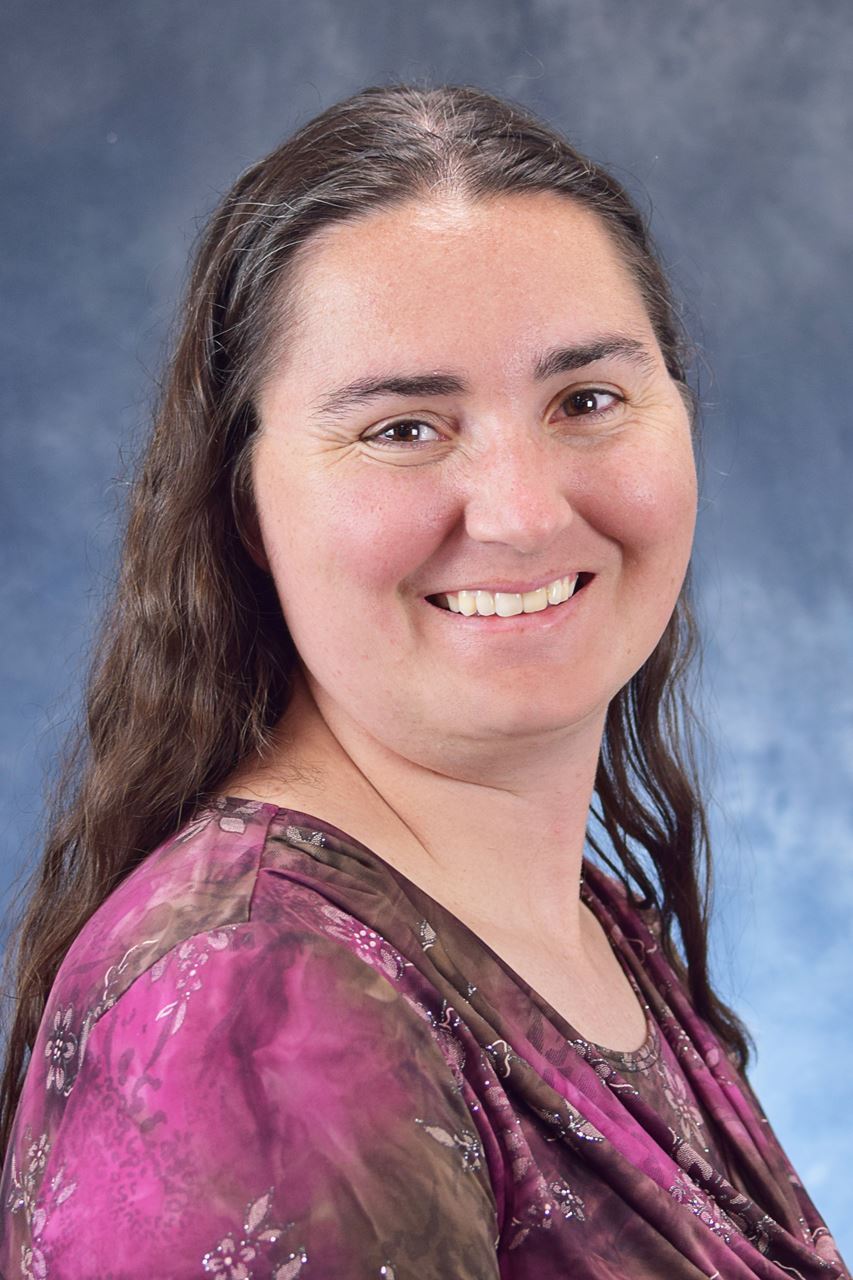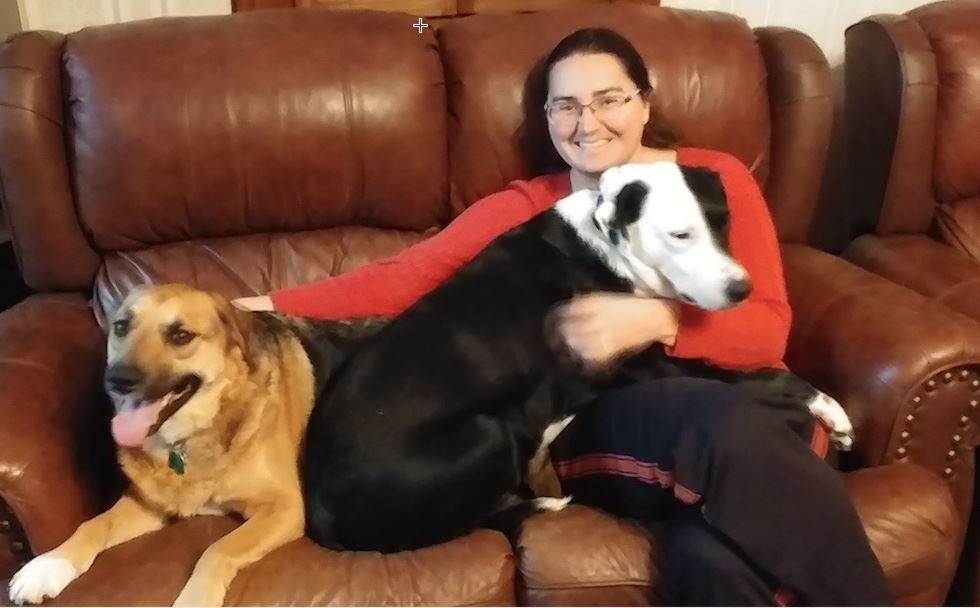 School name: Valley City State University
School name: Valley City State University
Type of school: 4-year public regional state institution
School locale: Valley City, North Dakota
Classes you teach: Introduction to Psychology, Cognition and Brain Science, Developmental Psychology, Psychology of Learning, Social Psychology, Health Psychology, Understanding Statistics, and Intimate Partner Violence
Average class size: 10-20
What’s the best advice about teaching you’ve ever received? “You’re here to educate, not entertain.” And, “You should feel (a little) nervous – it means you care!”
What book or article has shaped your work as a psychology teacher? McKeachie’s Teaching Tips
Briefly tell us about your favorite lecture topic or course to teach. I love so many courses, but I would have to say my favorite topic is teaching operant conditioning. It’s so dicey for some, but I have been told I teach it really well and get students involved in creating tons of examples. I start by explaining the importance of freewill. Then, I move to defining and discussing reinforcement and punishment. Finally, I tell students to think mathematically about + (plus) and – (minus) when describing positive and negative. All that’s left is to determine whether we’re adding or removing something desired (appetitive stimulus) or something undesired (aversive stimulus). We discuss many examples, and I end by showing a clip from The Big Bang Theory where Sheldon actually mistakenly refers to “negative reinforcement” when describing positive punishment, and students catch it! Such a great lecture.
Briefly describe a favorite assignment or in-class activity. I love creative submissions from students. In all my courses, I have students create a presentation about a topic of their choice related to the content we’ve discussed that semester. I’ve had students relate martial arts, running, and hunting to psychology and inform the class about rare disorders and how they connect to the field. Students also comment on each other’s presentations. This has worked quite well as either an in-class discussion throughout the semester or online recorded submissions at the end of the semester.
What teaching and learning techniques work best for you? I’ve been told I teach very “conversationally.” I have an open dialogue with the students, eliciting answers and examples from them routinely. My most successful moments in the classroom come from creative activities that require students to think critically and apply new concepts to everyday situations.
 What’s your workspace like? I enjoy my double-monitor setup that allows me to easily have a Word document open at the same time as a web browser or other application on the other screen. One unique element of my office is a futon. I can’t take credit for that – it was my brother’s idea to have a nice place for students to sit when they visit me. I face outward so I can always smile and wave at everyone walking by. I also have a mini-fridge and microwave because I try to bring my lunch as often as possible. I couldn’t live without my desk calendar and sticky-notes that are right in the center of my desk. Books are behind me on the shelves unless I’m actively teaching that course, in which case they’re on my desk for easy access.
What’s your workspace like? I enjoy my double-monitor setup that allows me to easily have a Word document open at the same time as a web browser or other application on the other screen. One unique element of my office is a futon. I can’t take credit for that – it was my brother’s idea to have a nice place for students to sit when they visit me. I face outward so I can always smile and wave at everyone walking by. I also have a mini-fridge and microwave because I try to bring my lunch as often as possible. I couldn’t live without my desk calendar and sticky-notes that are right in the center of my desk. Books are behind me on the shelves unless I’m actively teaching that course, in which case they’re on my desk for easy access.
Three words that best describe your teaching style. Conversational, enthusiastic, animated
What is your teaching philosophy in 8 words or fewer? Students learn best from everyone in the room.
Tell us about a teaching disaster (or embarrassment) you’ve had and how you dealt with the situation. I once had a student approach me after class about a distinction I’d made in class between concepts the student had learned were the same. After a lengthy discussion, the student left having learned a lot about the difference and the importance of research, so I considered that a success.
What is something your students would be surprised to learn about you? I am an accidental psychologist. I found psychology when I learned being an English major was going to be a lot of reading books I didn’t particularly want to read (rather than grammar). Psychology fit into my schedule when nothing else did, and I fell in love with it. They might also be surprised to learn that I love board games.
What are you currently reading for pleasure? I’m a psych nerd so even my reading is most often psychology related. I checked out Gender, Global Health, and Violence from our campus library right before spring break along with The Voices of #MeToo.
What tech tool could you not live without? I am really enjoying Yuja for screen-capture right now.
What is your hallway chatter like? What do you talk to colleagues about most (whether or not it is related to teaching/school)? We talk about everything from family to pets to what we’re watching on Netflix. I love a department that allows us to be the true humans we are.
